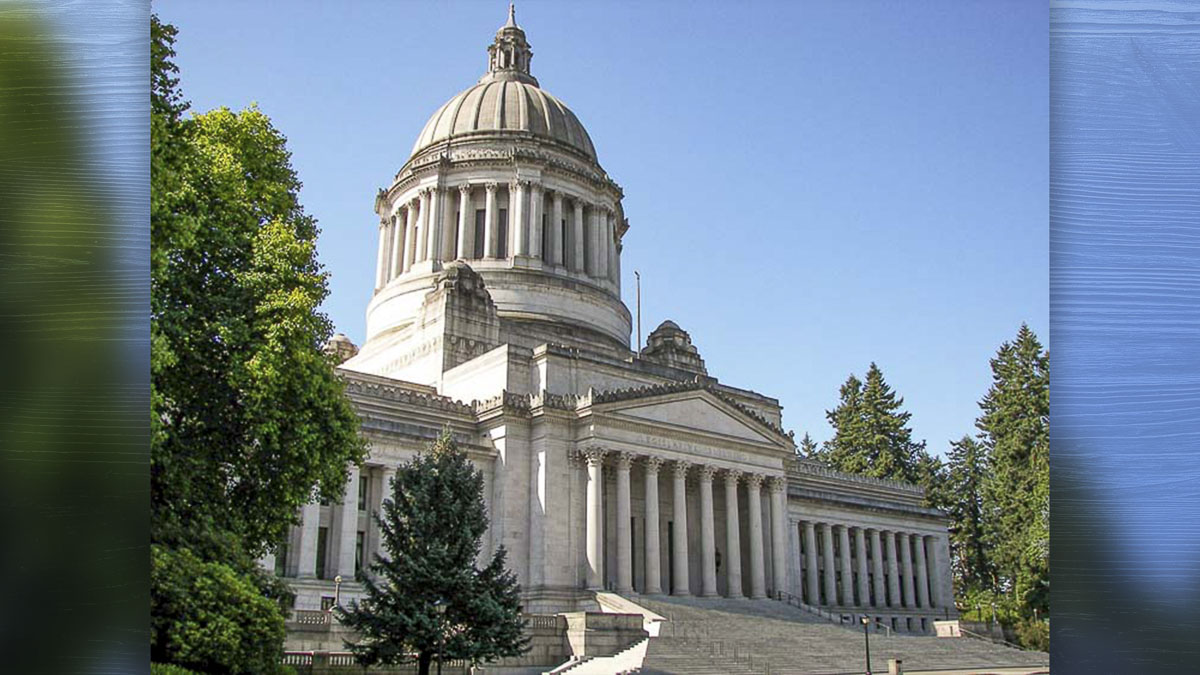
Paul Guppy of the Washington Policy Center says hope for emergency powers reform in Washington state has now faded
Paul Guppy
Washington Policy Center
When Governor Inslee declared a state of emergency on February 29, 2020 he claimed absolute executive and regulatory authority over every aspect of daily life in Washington state. The law provided no check or review of his actions. Entirely on his own, the governor decided what day emergency power would start, what existing laws and regulations he would cancel or change, and what new mandates he would impose.

He also claimed sole authority to decide when the “emergency” would end. That is because Washington is one of only a handful of states that has no reasonable limit, like 60 or 90 days, on emergency power, after which the governor would have to check in with the legislature.
Inslee took full advantage of this power for 975 days, even to the point, in the view of many observers, of abusing it. He closed public schools for nearly two years, shut down the economy for months at a time, issued controversial social distancing, quarantine, masking and vaccine mandates, and levied harsh punishments, including arrest and loss of employment, on those who didn’t comply.
Policy expert Jason Mercier said at the time, “I still vividly remember the dread and panicked phone calls I received from business owners each time the Governor scheduled a press conference [to announce new mandates] during his…declared emergency.”
Legislative efforts were made in 2020, 2021, 2022 and 2023 to remedy the situation. In every case reasonable bi-partisan reform bills were blocked in committee.
Early this year there was great optimism that lawmakers would promote democratic accountability by addressing the problem of unlimited executive power.
Jay Inslee had retired and the arrival of newly-elected Governor Ferguson indicated fresh thinking. In his inaugural speech Governor Ferguson signaled a willingness to sign an emergency powers reform bill. Republicans were eager to vote for the current bill (SB 5434) and a number of Democrats appeared ready to join them.
That hope has now faded. Last week SB 5434 died in the Senate State Government, Tribal Affairs and Elections Committee. Senate leaders had watered down the bill to the point where Republicans and reform-minded Democrats no longer supported it. The lead Republican on the committee pointed out that the bill, as amended, was actually weaker than current law.
The good news is that Governor Ferguson is moving forward anyway. He announced while he is governor he will end any emergency declaration after 60 days if three of the four top leaders in the legislature notify him in writing, and that in any case he would call for special legislative review of any emergency declaration lasting more than 120 days.
This is what I call a George Washington move. It’s a rare example of a public leader voluntarily limiting his own executive power for the sake of protecting the liberty of the people. For that reason Governor Ferguson’s bold action promotes accountable government and strengthens our democracy. Next, the legislature should act to make this forward-looking policy permanent.
Paul Guppy is a senior researcher at the Washington Policy Center.
Also read:
- Opinion: ‘Today’s Democratic Party is not our father’s Democratic Party’Editor Ken Vance reflects on how today’s Democratic Party diverges from the values he associates with his father’s generation, citing issues like taxation, gender policies, and shifting ideology in Washington state politics.
- Trump signs ‘big, beautiful bill’ during White House July 4 celebrationPresident Trump signed the “big, beautiful bill” on July 4 during a White House event featuring a military flyover and Republican leaders.
- Opinion: Your cost of living is about to go up as the majority party’s new taxes and fees kick inRep. John Ley shares a legislative update on rising costs across Washington, including gas taxes, childcare, housing, and business impacts. He highlights concerns about state spending and new transportation policies.
- US Senate narrowly passes GOP megabill after overnight session, sending it to HouseVice President JD Vance cast the deciding vote on a sweeping GOP tax and spending package that now heads back to the House, sparking reactions across the aisle.
- Opinion: Trump Administration rolls out program to help verify that only U.S. citizens can cast ballotsBill Bruch outlines the Trump administration’s new citizenship verification system aimed at ensuring only U.S. citizens are eligible to vote.










